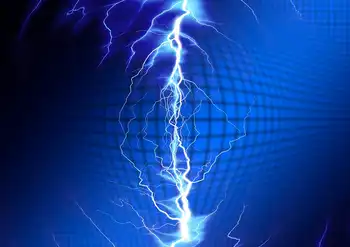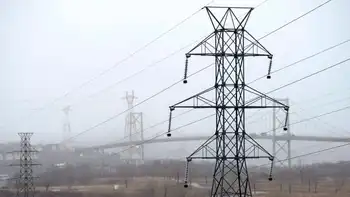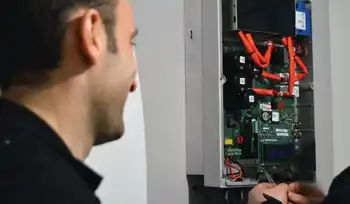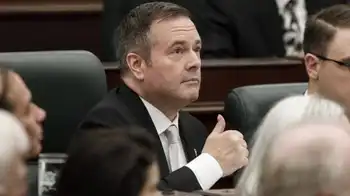Czech renewable energy exceeds grid limit
CZECH REPUBLIC - The installed capacity of wind and solar energy projects approved in the Czech Republic is nearly four times what can be safely fed into the country's electricity grid, energy distributors said.
The Association of Czech Regulated Electro-Energy Companies (CSRES) said the installed capacity of all projects approved by the end of January was 8,063 MW.
The limit from solar and wind projects that won't overload the grid is 1,650 MW until 2012, which corresponds to installed capacity of 2,200 MW, according to estimates made by the CSRES.
"We are obliged to connect to the grid or distribution system anyone who asks if it does not threaten a safe operation of the system. So our options are limited, it is up to lawmakers to resolve this," said Petr Zeman, chief executive of grid operator CEPS and a member of CSRES.
He added it was necessary to adopt legislation that would help eliminate applications which looked unviable.
The gap between the installed and actual output from renewable resources is so wide because production is affected by changing weather.
Meanwhile, projects with installed capacity of 2,352 MW have already signed connection contracts with operators, the association said.
CSRES includes the distribution units of central Europe's largest power utility CEZ, Czech power group PRE and grid operator CEPS.
Generous feed-in tariffs — which guarantee prices far higher than current market levels — have led to a boom in solar plants which guarantee high return thanks to a drop in prices of photovoltaic panels.
The Czech parliament is debating a bill to reduce regulated prices for solar energy by more than the 5 percent a year than they are allowed to fall under current law.
CEZ Chief Executive Martin Roman wrote in an opinion piece for daily Mlada Fronta Dnes that current prices are around 10 times higher than those determined on power exchanges and said the situation was unsustainable and would cost consumers up to 1,200 billion crowns (US $63.59 billion) over the next 20 years.
The country's grid operator has also warned that a lack of legislation regulating connection of renewable sources could threaten stability of supplies because sudden swings in output pressures the system.
"We need to have some reserves to balance out the distribution system and the grid... to make up for the various outages and volatility mainly in production of renewables," Zeman said.
Eastern Europe, which relies mainly on coal and nuclear energy for its electricity production, is lagging behind its western neighbors in meeting EU renewable energy goals.
The EU wants 20 percent of its energy sourced from renewables by 2020, from under 10 percent now. It also wants to reduce dependency on Russian gas imports, amid recurrent tension over gas supplies between Russia and Ukraine.
Related News

Almost 500-mile-long lightning bolt crossed three US states
NEW YORK - An almost 500-mile long bolt of lightning that lit up the sky across three US states has set a new world record for longest flash, scientists have confirmed.
The lightning bolt, extended a total of 477.2 miles (768 km) and spread across Mississippi, Louisiana, and Texas.
The previous record was 440.6 miles (709 km) and recorded in Brazil in 2018.
Lightning rarely extends over 10 miles and usually lasts under a second.
Another lightning flash recorded in 2020 - in Uruguay and Argentina - has also set a new record for duration at 17.1 seconds. The previous record was 16.7 seconds.
"These…




